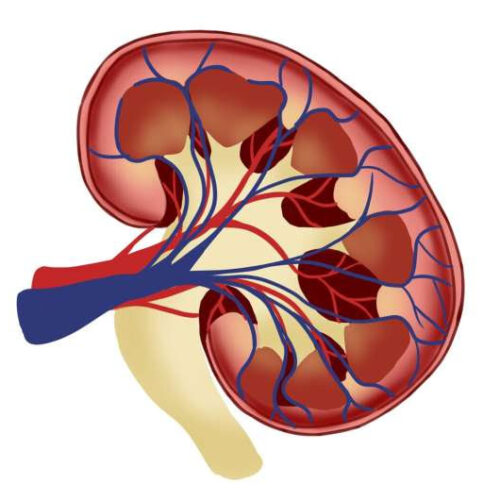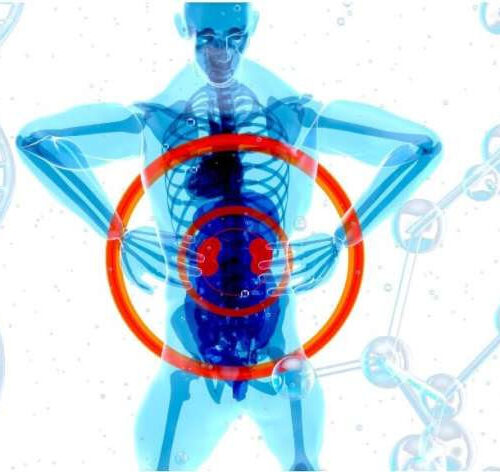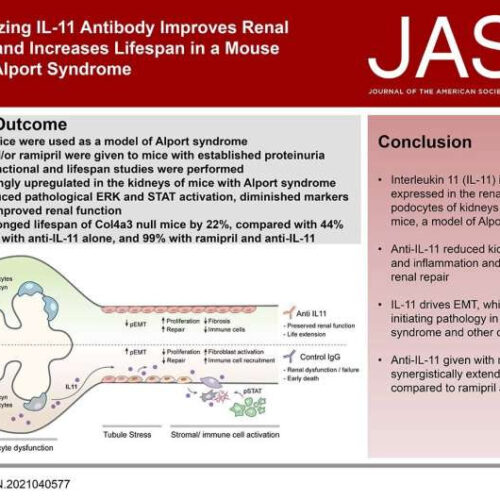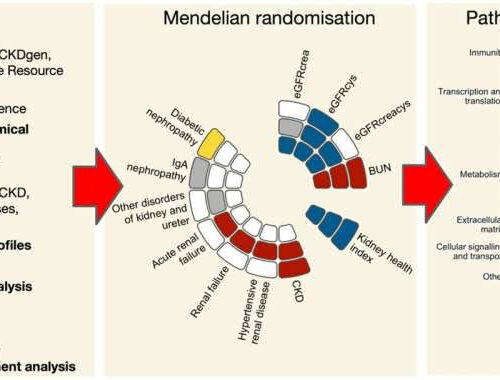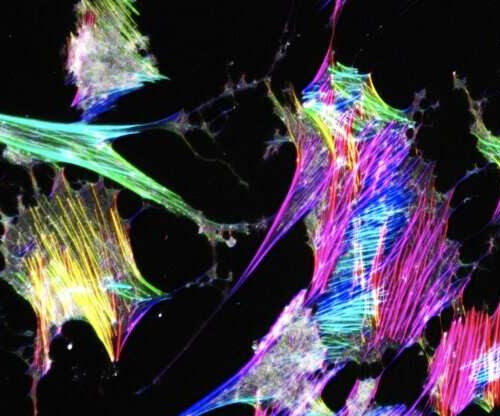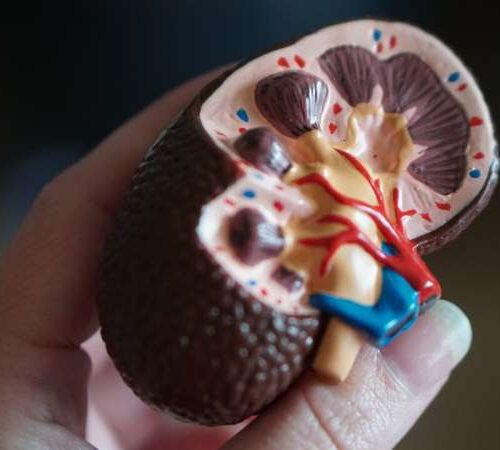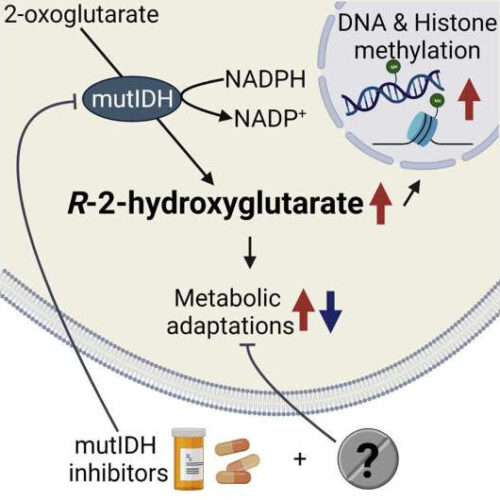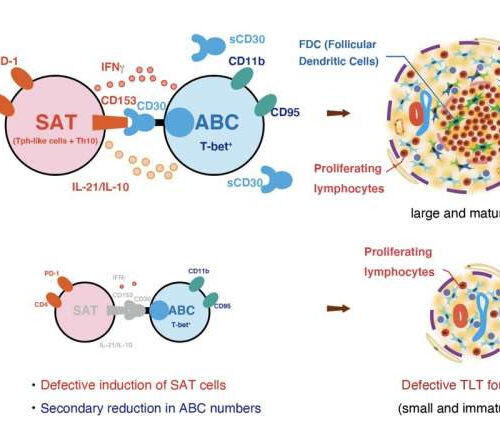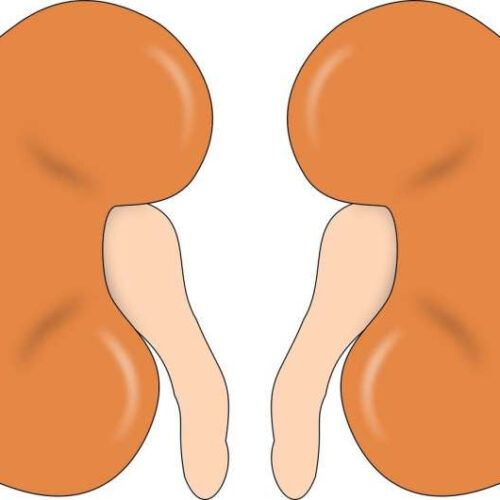by University of Pennsylvania Credit: Pixabay/CC0 Public Domain After mapping the genetic underpinning of kidney function in 1.5 million people and about 60,000 kidney cells that are the microscopic mechanisms of gene regulation, researchers at the Perelman School of Medicine at the University of Pennsylvania found that more than 500 genes likely contribute to kidney...
Tag: <span>Kidney disease</span>
New mobile test system for kidney disease
by Flinders University Credit: Pixabay A new method for early detection of chronic kidney disease, which affects an estimated 9% of the world’s population, has been shown to have potential to service rural and remote patients and communities with limited medical services. An affordable and portable biosensor device put to the test by Flinders University...
With trial success in kidney disease, Lilly, Boehringer make case for broader use of diabetes drug
Jonathan Gardner Senior Reporter Eli Lilly & Co. Dive Brief: Eli Lilly and Boehringer Ingelheim’s drug Jardiance kept clinical trial participants with kidney disease from needing dialysis or a transplant, the companies announced Wednesday, a finding that cements the diabetes pill’s potential as a treatment for a wider array of metabolic diseases. The trial was expected...
Turning off the damaging signals from a genetic syndrome that causes debilitating kidney disease
by Federico Graciano, Duke-NUS Medical School Graphical abstract. Credit: Journal of the American Society of Nephrology (2022). DOI: 10.1681/asn.2021040577 A treatment strategy using an antibody that inhibits a cell signaling protein called interleukin-11 (IL-11) could lead to new hope for people with a debilitating genetic kidney disease called Alport syndrome. Scientists from Duke-NUS Medical School, Singapore, reported...
Obesity is likely to cause an increased risk of kidney disease
by Michael Addelman, University of Manchester Graphical abstract. Credit: DOI: 10.1093/cvr/cvab357 A study led by University of Manchester and Manchester University NHS Foundation Trust (MFT) researchers has revealed that obesity is likely to cause an increased risk of kidney disease. Published in Cardiovascular Research, the findings—based on big data and a unique kidney tissue resource funded by Kidney Research UK—suggest...
Gene expression could ring early kidney disease alarm
by Michaela Kane, Duke University Podocyte Models. Credit: Duke University Biomedical engineers at Duke University have developed a method to study how key cells in the kidneys become injured and deformed. The new model has revealed a significant mechanism behind severe kidney disease and pointed toward early disease biomarkers and potential therapeutic interventions. The study...
If you’re over 65, you’re more likely to die with kidney disease than from it CKD
by Medical Journal of Australia Credit: Robina Weermeijer/Unsplash People over 65 years of age with stage 4 chronic kidney disease (CKD) were more likely to die than to experience kidney failure, suggesting that more people die with CKD rather than directly because of CKD, according to research published today by the Medical Journal of Australia. Professor...
Researchers find key to drivers of kidney disease
by Australian National University Graphical abstract. Credit: DOI: 10.1016/j.xcrm.2021.100469 For the first time researchers have identified a gene which shows the kidney has its own way of resisting damage. The finding has major implications—especially for Indigenous people with kidney diseases such as Tiwi Islanders. The study, published in Cell Reports Medicine, sequenced the genome of patients with autoimmune...
A new drug target for kidney disease
by Kyoto University A new study led by ASHBi Professor Motoko Yanagita finds the suppression of two molecules, CD153 and CD30, expressed on immune cells mitigates the progression of kidney disease. Credit: Kyoto University Despite nearly two million people dying of acute kidney injury every year, and tens of millions more needing treatment, no effective...
Kidney disease is a problem for cerebral palsy patients. Why are doctors missing it?
by Noah Fromson, University of Michigan Credit: CC0 Public Domain Cerebral palsy and kidney disease can be deeply intertwined. In childhood, the effects of the neurodevelopmental condition—like decreased physical activity and urologic dysfunction—are risk factors for kidney disease. The adverse relationship continues through adulthood as those with cerebral palsy often have high blood pressure, another risk for developing kidney problems. What’s more, a recent Michigan...

